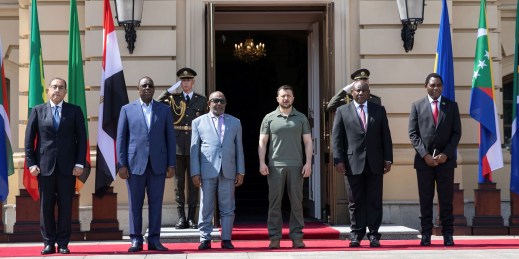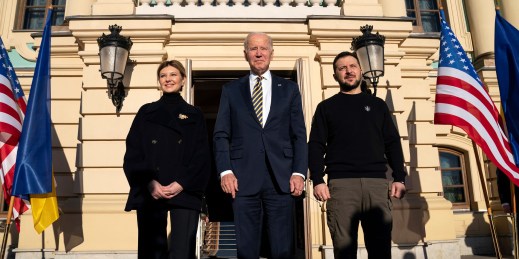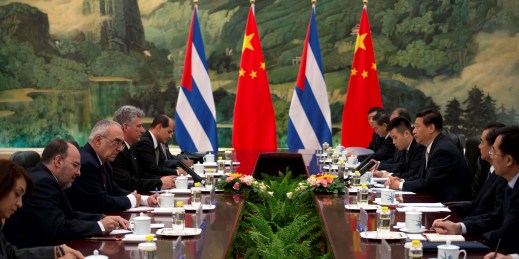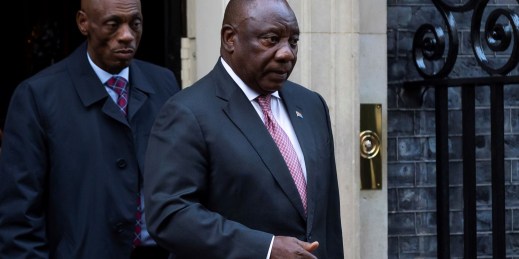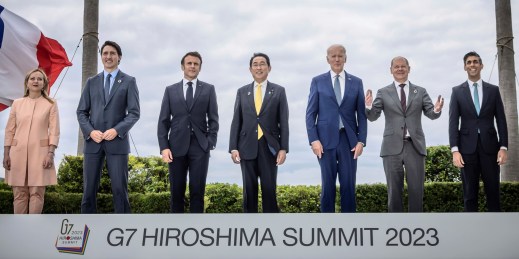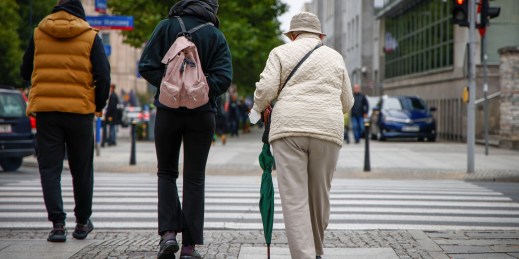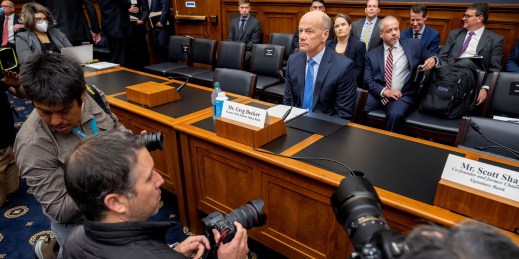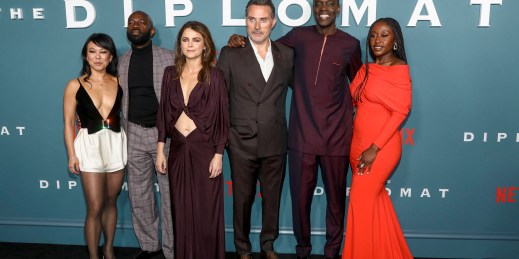
In modeling the foreign policy dynamics depicted in “The Diplomat” on the dynamics of the real world, the popular new Netflix political drama inadvertently ends up doing as much educating as entertaining. That can be a problem for a series that has neither the capacity nor the narrative requirement for nuanced explanations of these issues.

